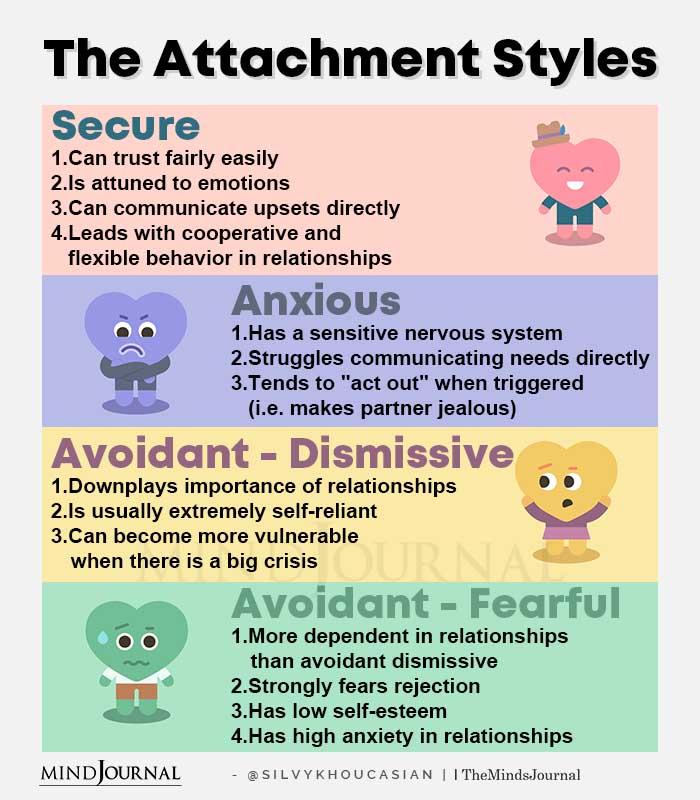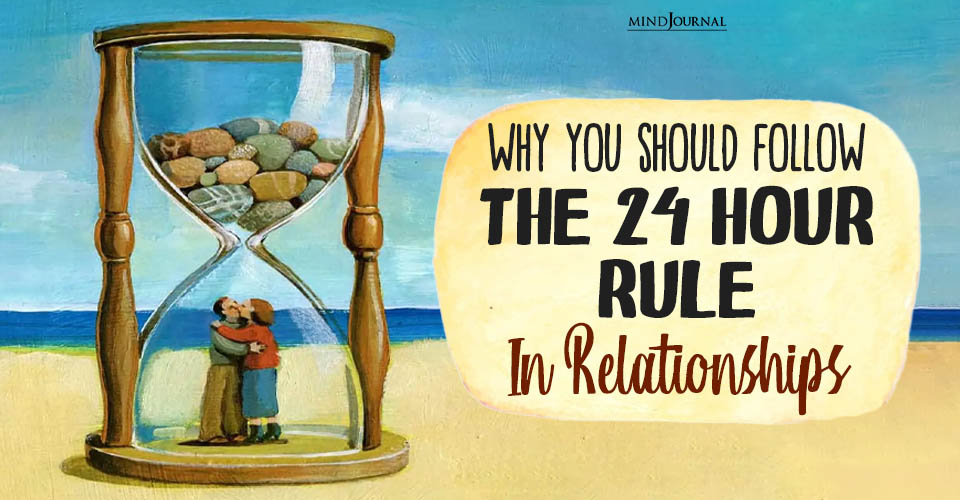Do you love hard? And did it push your partner away, instead of pulling them closer? If yes, then you might be dealing with an avoidant! So, how to get an avoidant ex back? Let’s find out!
Reconnecting with an ex is challenging enough! To top it all off, if your ex is someone with an avoidant attachment style, you have your work cut out for you.
Avoidants can’t handle emotional pressure or demands. They are hyper independent people who value their personal space a little bit too much.
And if you’re someone with an anxious attachment style, then chances are you have come on too strong, and scared them off.
Please don’t think you’re being judged. We get you, we really do. You have too much love to give and you worry a lot.
You’re scared to lose them. You believe love needs to be demonstrated and you just try to make your partner feel valued, seen, heard, and loved.
However, in spite of your good intentions, they just seem to misunderstand and get triggered. The more you try to love and care, the more they get withdrawn. They just keep running away while you keep chasing them.
Now if things have gone from bad to worse and your avoidant ex has left you, blocked you, and broken your loving heart, don’t lose hope just yet. They can come back!
It’s possible to get an avoidant ex back, but with patience, self-awareness, and strategic actions. Care to know all about them? Let’s roll!
Also Read: How Attachment Style Determines Your Choices
How To Get An Avoidant Ex Back?
Here’s a complete guide on how to navigate the delicate process of getting an avoidant ex back:
1. Understand What is Avoidant Attachment Style
If you got drawn to this blog, you most probably have a fair idea on the different attachment styles.
Broadly classified into secure attachment style and insecure attachment style, the 4 attachment styles basically dictate how a person develops interpersonal relationships.

People with avoidant attachment styles are scared of intimacy. Fearful avoidants/ Anxious avoidants are scared of rejection or getting hurt, and Dismissive avoidants are scared of losing their autonomy.
So, what do they do? When things start to get too intense or too real, a danger alarm rings in their head and they start running for the hills.
As a result, they tend to develop relationships that are casual and where their partners are not too emotionally dependent on them, or at least don’t overwhelm them with romantic gestures.
Understanding this behavioral pattern is crucial for you, as it will help you approach the situation with empathy, insights, and patience.
2. Healthy Space is a Door, Not a Barrier
Giving your avoidant ex some space can be a game changer for your situation. By giving them space you show them that you are no longer chasing them. Homeland Security is no longer looking for them to bring them back to you on gun point!
Avoidant individuals’ nervous systems work on overdrive. So, when they feel there’s no pressure to communicate anymore, they relax. This period also offers them a chance to process their feelings without a ticking clock.
This approach is also known as the No Contact rule. It has been found that in most cases, after a period of no contact, the avoidant partner starts to miss their ex, and eventually reaches out.
However, the trick is to make them believe they did it on their own. (We won’t tell them, if you don’t)
3. Focus on Personal Growth
Waiting is hard, especially when you don’t know whether or not your ex will get back to you, or when, we get it. But you have to do it!
If you yourself have anxious attachment, then this becomes even harder. But utilize this period of no contact to build a better life for yourself. Invest in your growth and development. You can pursue activities that improve your overall well-being, such as:
- Focus more on work (without getting burned out)
- Start an exercise routine
- Nurture your other platonic connections
- Pursue hobbies that bring you fulfilment
- Learn something new
By shifting your focus on these things, you not only enhance your personal growth, but also find little time to think about your ex.
Your avoidant partner also gets to see that you are not at all needy, but thriving on your own. Let’s face it, that’s attractive, won’t you agree?
4. Breaking No Contact
Now here comes the tricky part. Many would suggest against breaking No Contact, especially if your partner had initiated the separation, but hear us out.
After a significant period, you can consider reaching out, but in a totally no-pressure way. Keep the following points in mind while doing so:
- Be casual in your communication and approach
- Schedule your messages at a specific time of the day, preferably when they’re free
- Stimulate their mind with intellectual conversations
- Talk about shared interests, but don’t talk about the past
Remember that avoidants enjoy stimulating conversations without getting too touchy-feely. So, picture a scared kitten that needs to be coaxed out.
Don’t corner them and don’t give a deadline. Don’t ask for a clean slate. And for heaven’s sake, don’t blurt it out that you’re trying to understand their language to get them back.
They can’t deal with that kind of intensity or effort. Because they might not yet be in a position to reciprocate.
5. Be Patient and Avoid Pressure
Avoidants are sensitive to pressure and may retreat if they feel overwhelmed. Maintain patience and avoid rushing the process. Allow the relationship to develop naturally, giving them the sense of control that they value so much.
6. Again Initiate No Contact To Get Ex Back?
If your avoidant ex does not respond to your message, DO NOT double text or chase them. This is crucial. Instead, initiate No Contact again and focus on your own life.
Desperation will only push them further away. They may take longer than expected to respond, but if they sense that you respect their space and aren’t pressuring them, they’re more likely to come back when they’re ready.
7. Develop Secure Attachment Style (or Behavior)
Exhibit behaviors associated with a secure attachment style, such as:
- emotional stability
- respect for boundaries
- self-reliance
This creates a safe environment that may encourage your avoidant ex to engage more openly.
Also Read: 4 Clear Signs of Secure Attachment in Adults and Its Impact on Their Relationships
8. Seek Professional Guidance if Necessary
If you’re struggling to navigate the situation, consider seeking advice from a relationship coach or therapist. A professional can help you understand your ex’s behavior and tailor your approach accordingly.
No Contact to Get Ex Back: Why Does It Work?
Avoidant exes often come back when they are not chased because they thrive on independence and emotional space.
When a breakup happens, they typically withdraw to protect themselves from feelings of vulnerability or closeness.
However, when you stop chasing them and initiate no contact, they begin to feel a sense of emotional safety. Over time, without the pressure of expectations or demands, they start to miss the connection on their own terms.
The absence of pursuit allows them to process their feelings without feeling suffocated, making them more likely to reconsider the relationship.
So, how to get an avoidant ex back? Essentially, by respecting their need for space, you trigger their natural curiosity and attraction, leading them back to you—not out of pressure, but out of genuine desire.
If you want to know more on this topic, you might find the below-given video useful:
Frequently Asked Questions (FAQs)
What attracts an avoidant ex back?
Nothing attracts an avoidant ex back like detachment. If you can at least act detached, give them space, and respect their boundaries, they’re most likely to be back eventually.
How to win an avoidant’s heart?
Learn their love language, attachment style, and triggers. Be patient with them. Create an environment of safety. Don’t try to control them. Give them space. Respect their boundaries. Allow them to have alone time.
How to get an avoidant ex to chase you?
Don’t reveal all your emotions at once. Don’t show that you’re bothered when they get distant. Take interest in their work and passion. Compliment them often. Be detached. Wait for them to reach out to you. Do not chase them!










Leave a Reply